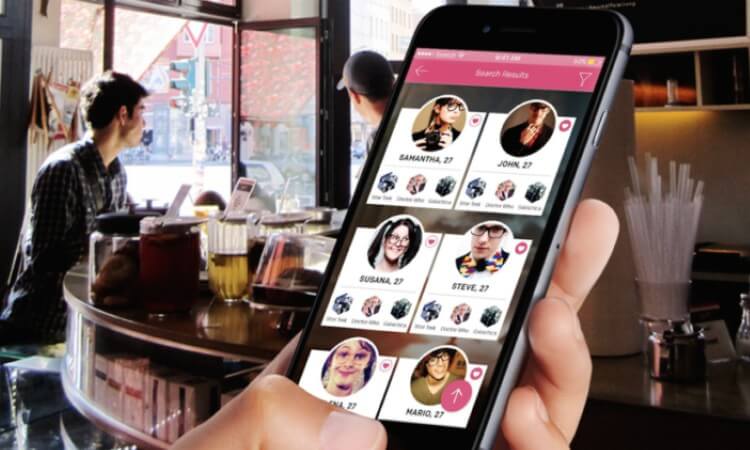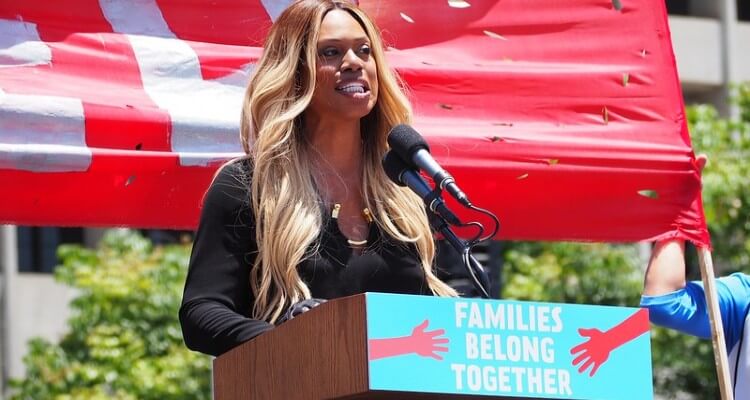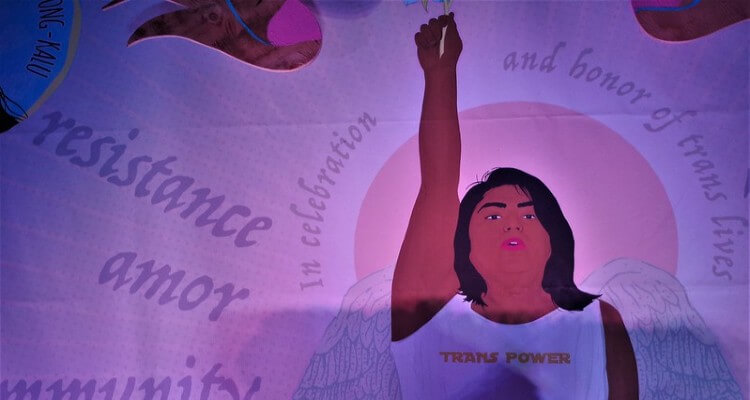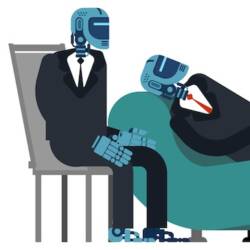The Ongoing Issue of Transphobia in Dating Apps
Self-reporting system still allows bigots to unfairly ban users.

In 2019, Reuters reported on Tinder’s ongoing battle with trans members repeatedly, and undeservedly, blocked from their popular dating service.
In the article, Elie Seidman, Tinder’s Chief Executive, said that several years previously, the dating app had—somewhat—tried to deal with the issue by offering users three dozen gender expressions to choose from.
The result, he added, was a step in the right direction:
Since implementing these changes, we’ve been able to meaningfully increase the number of trans people who remain on Tinder…
However, what he added at the end is the same problem both Tinder and far too many other dating apps and sites still haven’t dealt with: “…despite unwarranted reports.”
The system’s glaring flaw

Just like most social media sites, dating apps are struggling with what seems to be a growing amount of spammers, hate speech posts, manipulated media, and—with the advent of the COVID-19 pandemic—dangerously false health information.
Some have attempted to stem the tide by hiring additional human moderators, sometimes and sometimes not backed up by artificial intelligence systems programmed to be on the prowl for specific words or phrases.
Here’s the problem, though: human beings are, after all, human and so despite the most stringent of company guidelines, more often than not, rely on their inherently flawed judgment over what should get banned and what shouldn’t.
Machine learning, on the other hand, has no judgment, bad or otherwise, and only looks for what their programmers tell them to. While this might sound good on paper, in practice has led to a linguistic arms race with users changing the language of their hate speech posts just enough to avoid scrutiny.
To help with all this, it’s increasingly common for companies to foist the job off on their users by giving them the power to report whoever and whatever they don’t like—for any reason.
The upshot of which is enabling bigots to repeatedly flag content or users, thus twisting the system to chase LGBTQ+ individuals from the site.
Blocked for no good reason

In July of this year, Primetime Emmy nominee Laverne Cox and Trace Lysette, who appeared in Hustlers and numerous television shows, discovered they had something else in common besides being well-regarded performers and LGBTQ+ activists.
Both discovered that they’d been kicked off the popular dating app Hinge for no other reason than being out and proud about being trans.
Their shared experiences began getting attention when Trace Lysette Tweeted about being banned:
More transphobic dating fun. This time from @hinge – so exhausted with these dating apps allowing people to report trans women for no reason. As if dating isn’t exhausting enough.
— Trace Lysette (@tracelysette) July 24, 2020

In response, Laverne Cox reported the same experience: “Yeah, I was blocked by Hinge as well,” she Tweeted.
After getting called out for their transphobia, Hinge tried to smooth things over by lifting Lysette’s ban and, sort of, apologizing. Jezebel reported their response as:
“We’re so sorry our people thought having you on Hinge was too good to be true. Your account has been reinstated, and we’ve given you a lifetime preferred membership, which we hope you won’t need for long.“
What’s noteworthy is what Hinge didn’t say. Despite their attempts at appeasement, they made no mention of recognizing, let alone fixing, the problem of handling their users too much power—especially when they’re not properly overseen by company moderators.
“We are who we know ourselves to be—”

Before considering a solution, we have to recognize that these are two problems working in concert. The most daunting of the two that Western Society still has a lot of maturing to do regarding sexuality and gender.
Cynics, bolstered by the current state of the world, more than likely see true changes not happening anytime soon. Optimists, meanwhile, counter that every step forward, no matter how small, is still advancement.
The second is this draws attention to how broken the user-report based moderation system is.
Here, fortunately, there’s a possible solution. And it's to tackle what Laverne Cox and Trace Lysette have done. Sure, they have lots of Twitter followers and thousands of appreciative fans and so when speak get a greater number of ears to listen, but if enough of us raise our voices sites like Hinge and Tinder will have to do something about it.
Undoubtedly it’ll take a lot of work and a lot of yelling, but the battle is a righteous one: that no matter their gender or sexual orientation everyone has the right to be out and free and proud. On the street, on the internet—everywhere.
And who knows? As more of us fight, making injustices like this a public issue, then we’ll make not just small steps but actual strides forward.
As Laverne Cox, herself said, “We are not what other people say we are. We are who we know ourselves to be, and we are what we love.”
Image sources: Lyncconf Games, Quinn Dombrowski, Luke Harold, joey zanotti, Peter Kudlacz

















